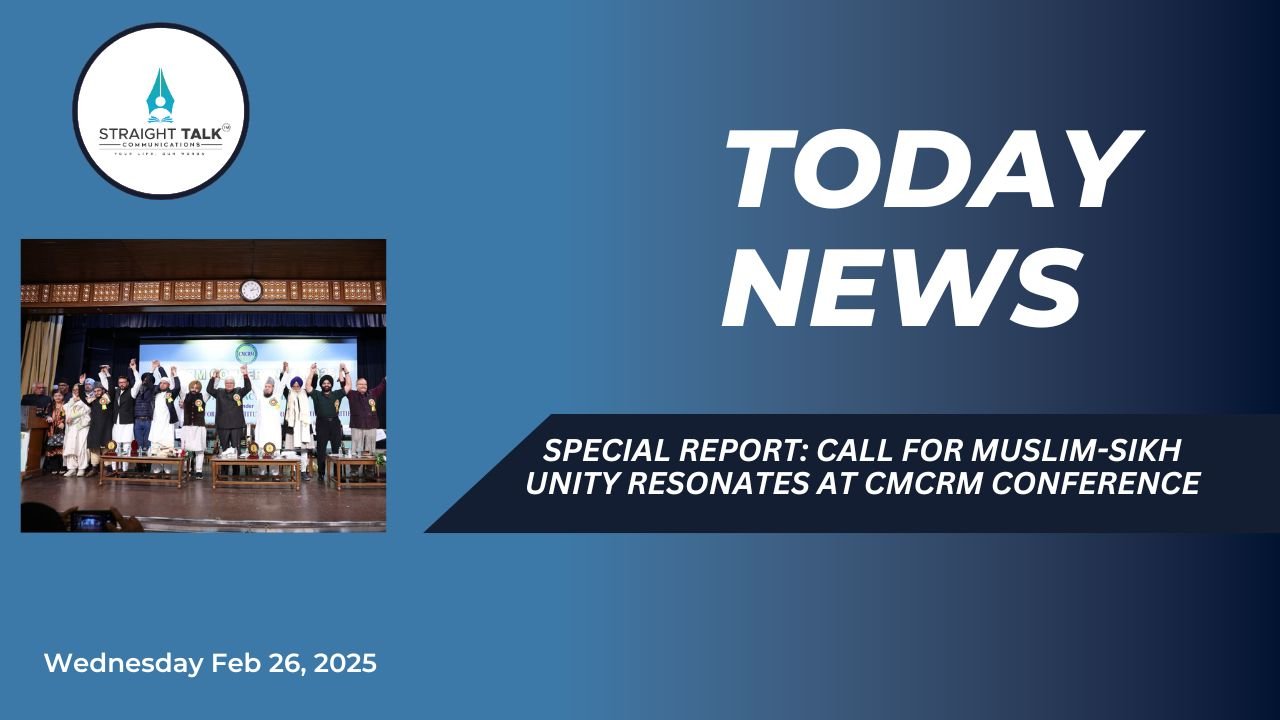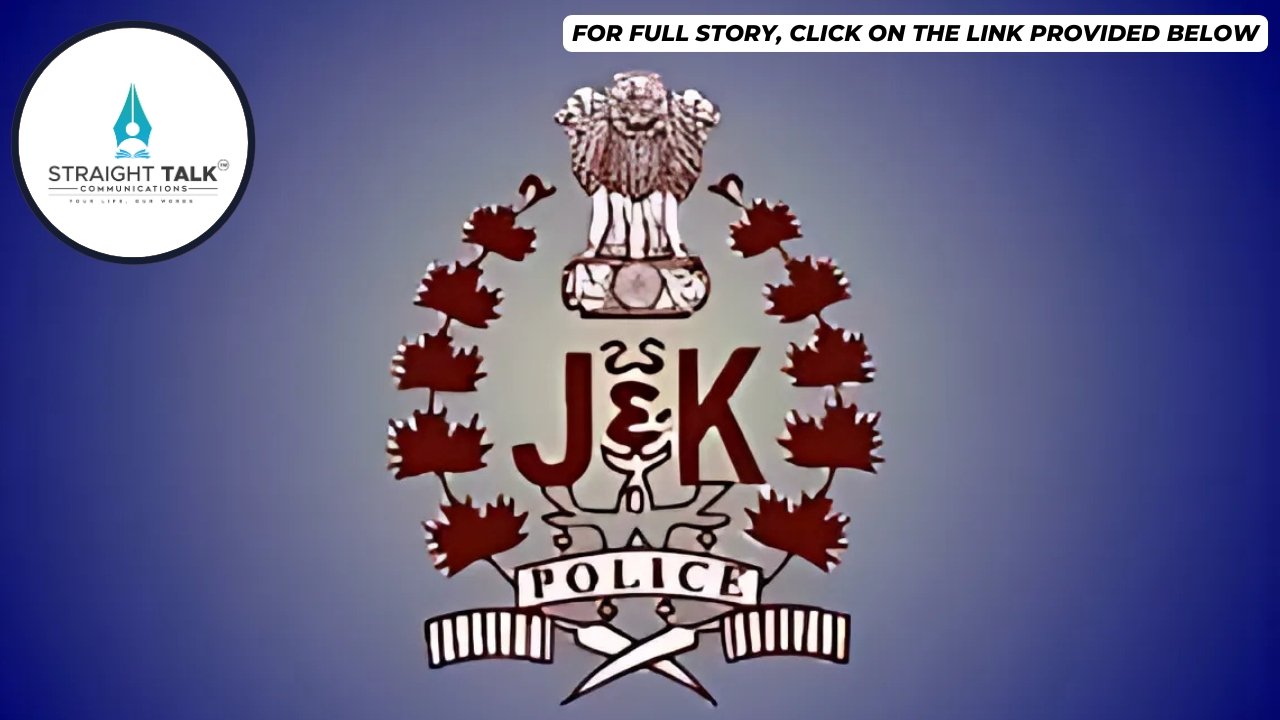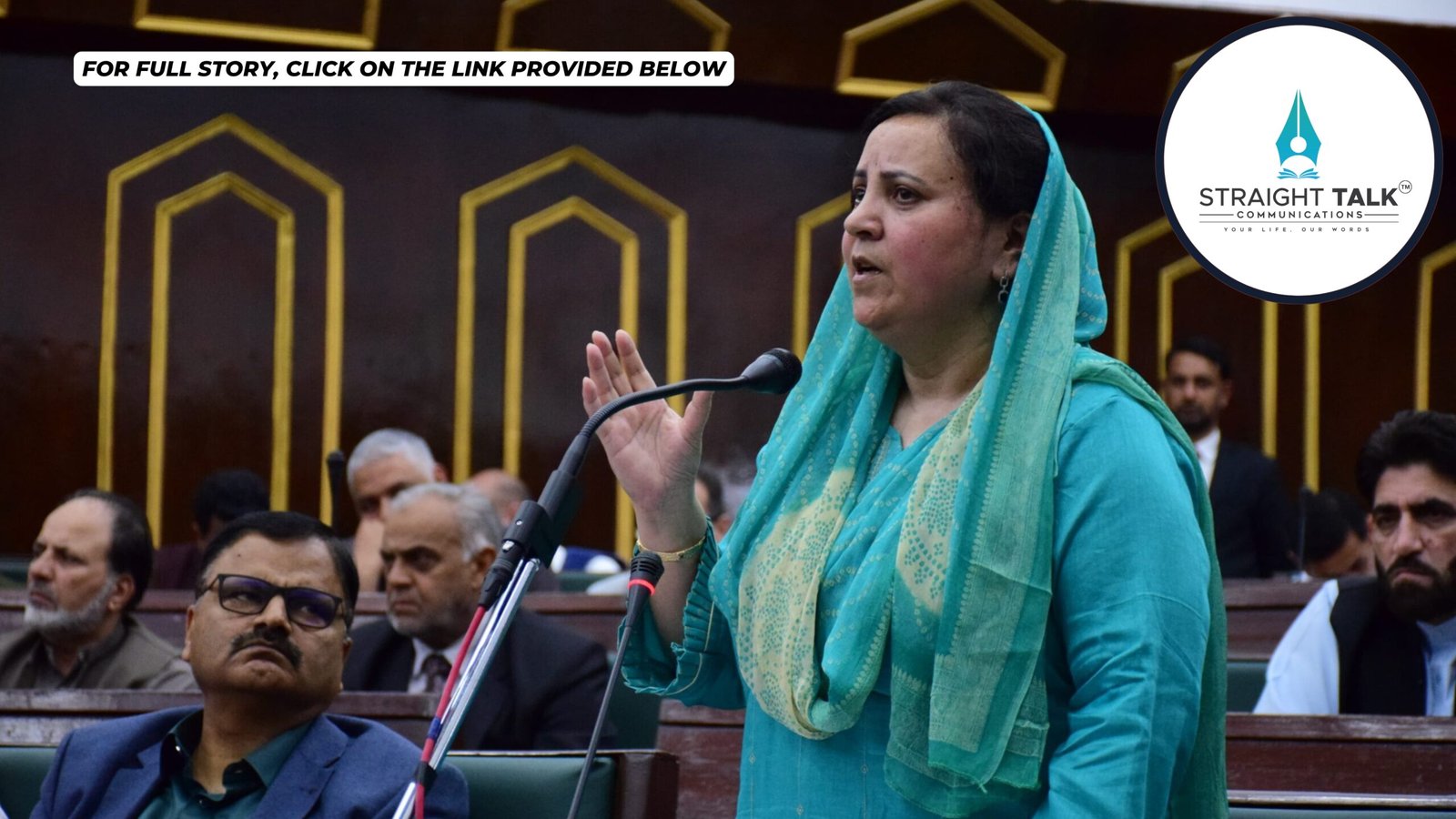SPECIAL REPORT: Call for Muslim-Sikh unity resonates at CMCRM Conference

STC NEWS DESK
NEW DELHI, FEBRUARY 26 (STC): A one-day Muslim-Sikh Unity Conference was held at the India Islamic Cultural Centre (IICC) on Sunday. The Conference, organised by the Combined Movement for the Constitutional Rights of the Minorities (CMCRM), brought together hundreds of participants from across the country to discuss the importance of solidarity among minority communities in India. The event while celebrating the historical legacy of Malerkotla, saw the call for Muslim-Sikh unity resonating at this CMCRM Conference 2025. Prominent leaders from both communities voiced their concerns over growing marginalization and emphasized the need for solidarity to uphold constitutional rights.
Addressing the gathering, Giani Kewal Singh, former Jathedar of Takht Sri Damdama Sahib, expressed his disillusionment with the state of equality in India. “The Constitution declares all Indians as equals, but in reality, this principle is absent. Even after 75 years of independence, we feel cheated,” he said. Recalling the sacrifices made by Sikhs and Muslims for India’s freedom, he added, “We were martyred during the independence struggle, and today, we continue to fight on the streets for the rights of farmers.”
The need for unity between Sikhs and Muslims was echoed by Sardar Paramjit Singh Sarna, former president of the Delhi Sikh Gurdwara Management Committee. “If we do not come together, both communities will be in danger. The government will attempt to hinder our unity, but for the sake of national integrity, we must join hands,” he asserted.
Renowned former hockey player Aslam Sher Khan emphasized the historical strength of Muslim-Sikh collaboration. “If there is any true power in India, it lies within the Sikh and Muslim communities. History is proof of our contributions. Whenever we stood together, we defeated even the strongest adversaries. In sports, too, our unity shone—when we joined hands, we won the 1975 Hockey World Cup,” he said. He further pointed out that history took a decisive turn after the demolition of Babri Masjid, leading to difficult times for both communities. “If we can successfully revive the ‘Malerkotla Spirit,’ we will find a way forward. No force can stand against us if we unite,” he added.
Paramjeet Singh Gazi, from Sikh Siyasat, highlighted the shift in India’s political landscape post-2014. “A new form of statecraft has emerged that does not seek our consent; it simply imposes decisions like the CAA and Farmers’ Bills. We must recognize the current political reality and identify our true allies among the oppressed, linguistic and religious minorities, and marginalized castes,” he said.
Recalling the trauma of the 1984 anti-Sikh riots, Bibi Ranjeet Kaur, a member of the Delhi Gurdwara Prabandhak Committee, shared her personal experience. “I was a college student when the violence erupted. Soon after, when a particular party won a landslide victory, I realized how isolated we were as a community,” she said. Expressing her commitment to the cause of Sikh-Muslim unity, she added, “We will always stand for this cause.”
The historical Malerkotla incident was recounted by Maulana Parry Hassan Afzal Firdosi, Mirwaiz of North Kashmir. He recalled how the Nawab of Malerkotla, Sher Mohammad Khan, put his life at risk to protest the execution of Guru Gobind Singh’s sons. “Though the boys could not be saved, Guru Gobind Singh was so moved that he gifted a Kirpan to Nawab Sher Mohammad as a sign of gratitude. This act ensured that, even during the partition violence of 1947, Malerkotla remained peaceful,” he explained. Maulana Firdosi stressed the necessity of reviving this legacy and expanding it nationwide. “Unity is not a choice but a necessity,” he said.
Prampal Singh Sabra, Convener of the Alliance of Sikh Organizations, emphasized the deep-rooted ideological bond between the two communities. He spoke about the relationship between Bhai Mardana, Guru Nanak’s companion, and Guru Gobind Singh. “Bhai Mardana was not only Guru Nanak’s disciple but like his brother, having spent 15 years together. At the time of his death, Guru Gobind Singh cut half of his Dastar and presented it to Bhai Mardana’s family. This is the bond between us,” he said. Urging for unity, he added, “I beg you to come together. Our unity will turn the tide in our favor.”
Advocating for a renewed commitment to Sikh-Muslim solidarity, Sardar Gurjit Singh Ghuman pointed out that even Nawab Sher Mohammad Khan alone made a historic impact. “Today, we are 224 million strong. We must unite—not just for ourselves, but for the country. We sacrificed our lives for this land, yet conspirators brand us as traitors,” he said.
M.W. Ansari, former Director General of Chhattisgarh Police, urged for deeper cooperation beyond political unity. “We must work on cultural, intellectual, and academic integration. We should focus on areas of cooperation and ignore discord,” he advised.
In his presidential address, Maulana Obaidullah Khan Azmi, Vice President of the All India Muslim Personal Law Board, reminded the audience of their shared history. “We were one nation before the white invaders divided us. They ruled us by divide-and-rule, and today, their ‘black successors’ have continued this policy. But we must fight with greater strength than we did against their white masters,” he declared.
The conference also saw addresses from Dr. Naseer Akhtar of Sikh Muslim Sanjan, Dr. Bhupender Kaur of United Sikh (Hyderabad), Ajaypal Singh Brar, President of Satluj Misl, Chandigarh, and Adv. Manoj Singh Duhan, among others.
The event concluded with a strong reaffirmation of the commitment to Sikh-Muslim unity, a revival of the Malerkotla legacy, and a call for collective action against divisive forces threatening India’s secular fabric. (STC)







